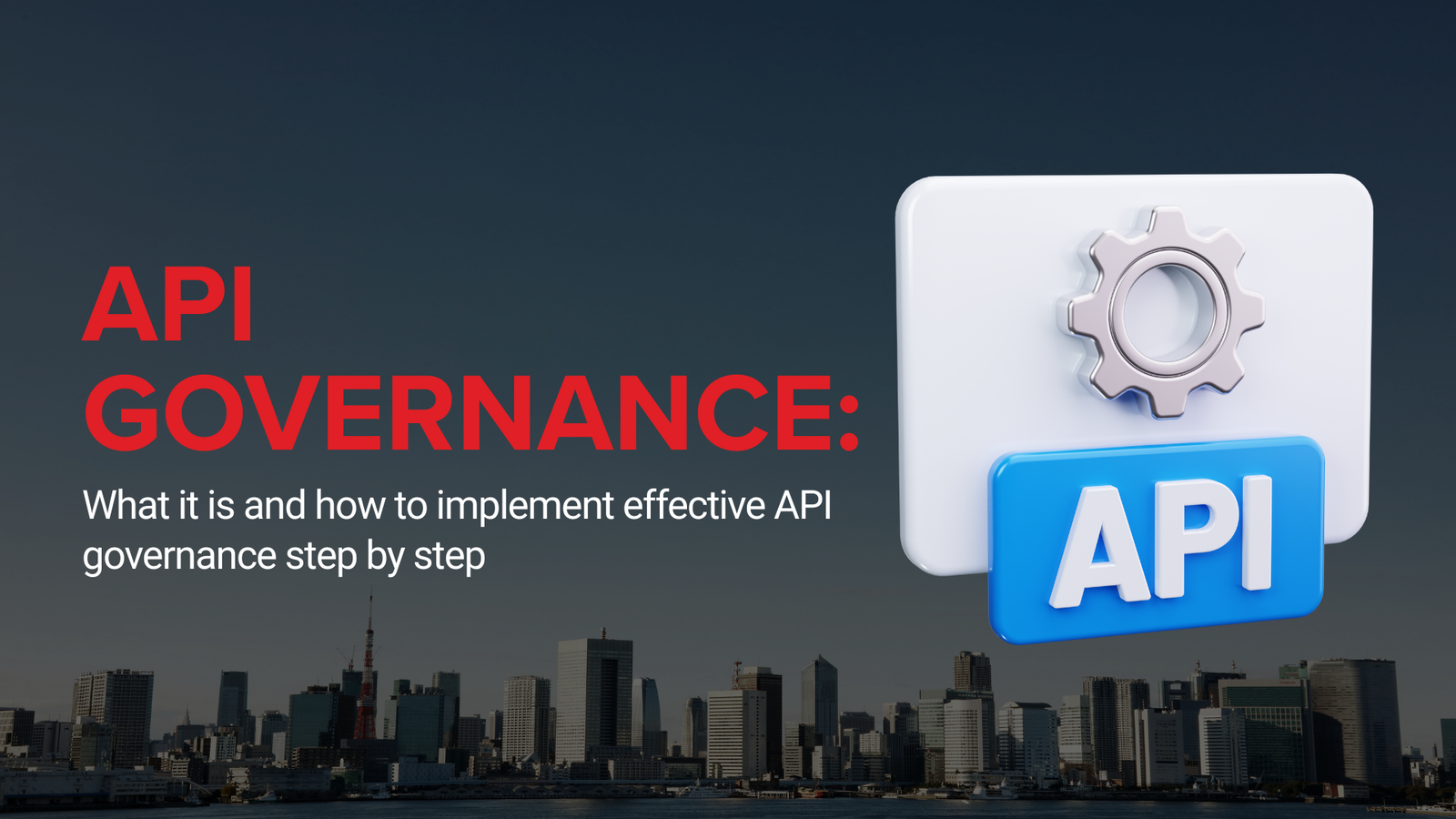The collection of large amounts of data is a growing trend in an increasing number of sectors in which information management is key. From tourism to retail, health care to financial services, to cite just a few examples, Big Data is the new big leap forward that every company must make if it wants to create value and compete in an increasingly competitive market. However, many business organizations find it difficult to face this new model with conventional tools and technologies that, like relational databases, do not allow the analysis of large volumes of highly complex and rapidly changing data.
Why is Big Data important?
Big Data analysis provides an enormous amount of information in the form of data for companies. Only by using them with the necessary precision can you take full advantage of their great utility. Enterprise organizations now have the ability to leverage the data at their fingertips to identify new trends and opportunities, as well as to establish patterns of behavior and consumption within or outside their own structure. Greater efficiency leads to more efficient management, based on validated information, making the organization smarter.
Taking advantage of an active management of Big Data analysis allows you to obtain value by reducing the costs that were previously obligatory to assume. Large data technologies, as well as cloud-based analysis, do away with costly traditional storage equipment and IT systems. Decisions, based on the analysis of available information, are made not only more efficiently, but also faster, which in many industries becomes a significant competitive advantage over other organizations operating in the same field. All this takes the form of obtaining new products and services adapted to the specific needs of customers, increasing satisfaction rates.
WSO2 Data Analytics Server (DAS) : the Big Data analysis platform
The progressive adoption of Big Data platforms is increasing because it is increasingly necessary to increase the scalability of data and need to have them quickly, but also the security of organizations is another priority factor.
WSO2 Data Analytics Server, also known as WSO2 DAS, processes large volumes of data in real time and enables direct analysis, delivering the results in a series of interfaces. Not only that, but this Big Data tool is capable of performing interactive and predictive batch analysis on a single platform. Automated learning lets you take advantage of a variety of contributions from the Internet of Things (IO) to the Web, mobile applications, or social networks.
In terms of data collection, WSO2 Data Analytics Server presents a single API for external data sources to provide their data sets. The input stream can be configured in the options that are most interesting in each case. Data analysis can be configured with any information insertion flow in the form of received data for real-time and/or batch analysis. Regarding the communication of results, WSO2 Data Analytics Server (DAS) uses various presentation mechanisms to present event notifications and process the results. The customizable analysis control panel is useful for visualizing analytical data and has the constant contribution of an assistant that favors the creation of widgets such as line, bar and arc graphs to obtain data from analytical tables and add them in a design that favors both global and detailed vision.
WSO2 DAS, leap forward for Big Data Analysis
WSO2 Data Analytics Server (DAS) is an essential tool for not only facing the challenge of Big Data but also for its integration and for taking advantage of the competitive advantages that it represents for different types of business organizations. Thanks to it, large data sets (structured, unstructured and semi-structured) can be managed and used by different users under established security premises.
To avoid erroneous decision making, given the high speed at which data changes, it has a processing and analysis capacity that exceeds 100,000 processes per second on single-server hardware. Other of its most outstanding features are its powerful and extensible query language for temporary processing of sequences of events, the configuration of multiple alert notification mechanisms, the integration of IoT or support for RDBMS (MSSQL, Oracle, MySQL) as data storage for low and medium scale business implementations. To all this, the use of the arrival of data must be added from other pre-built WSO2 solutions.







